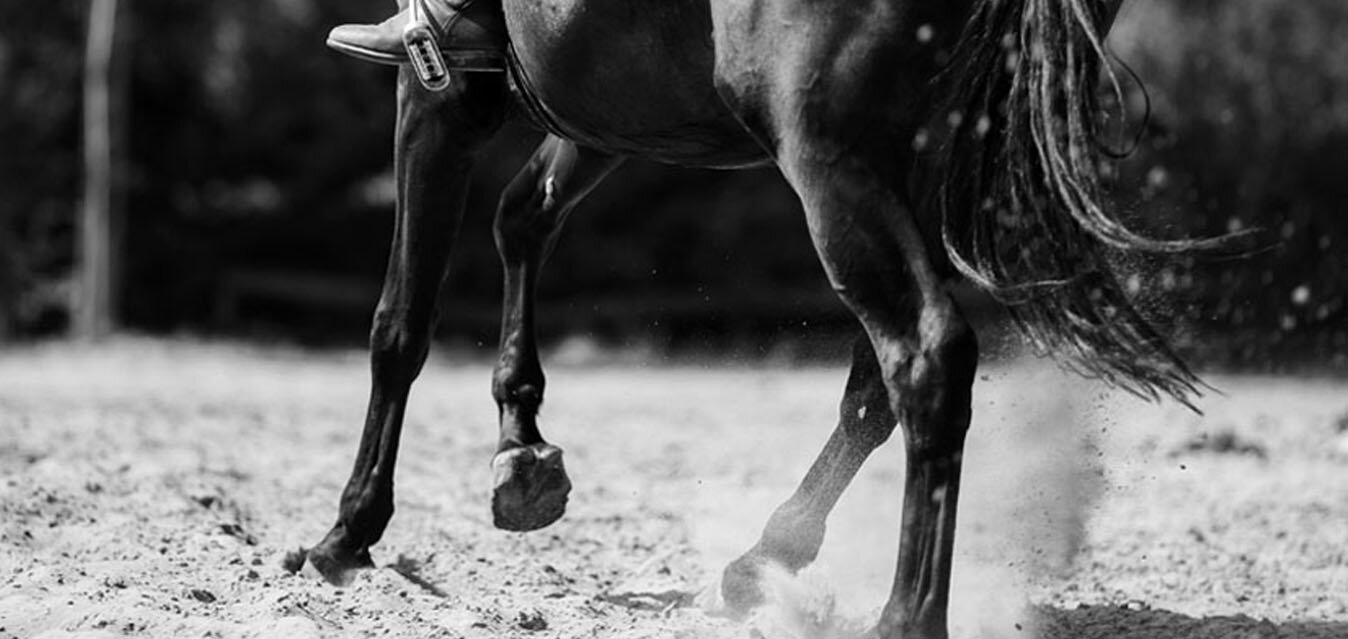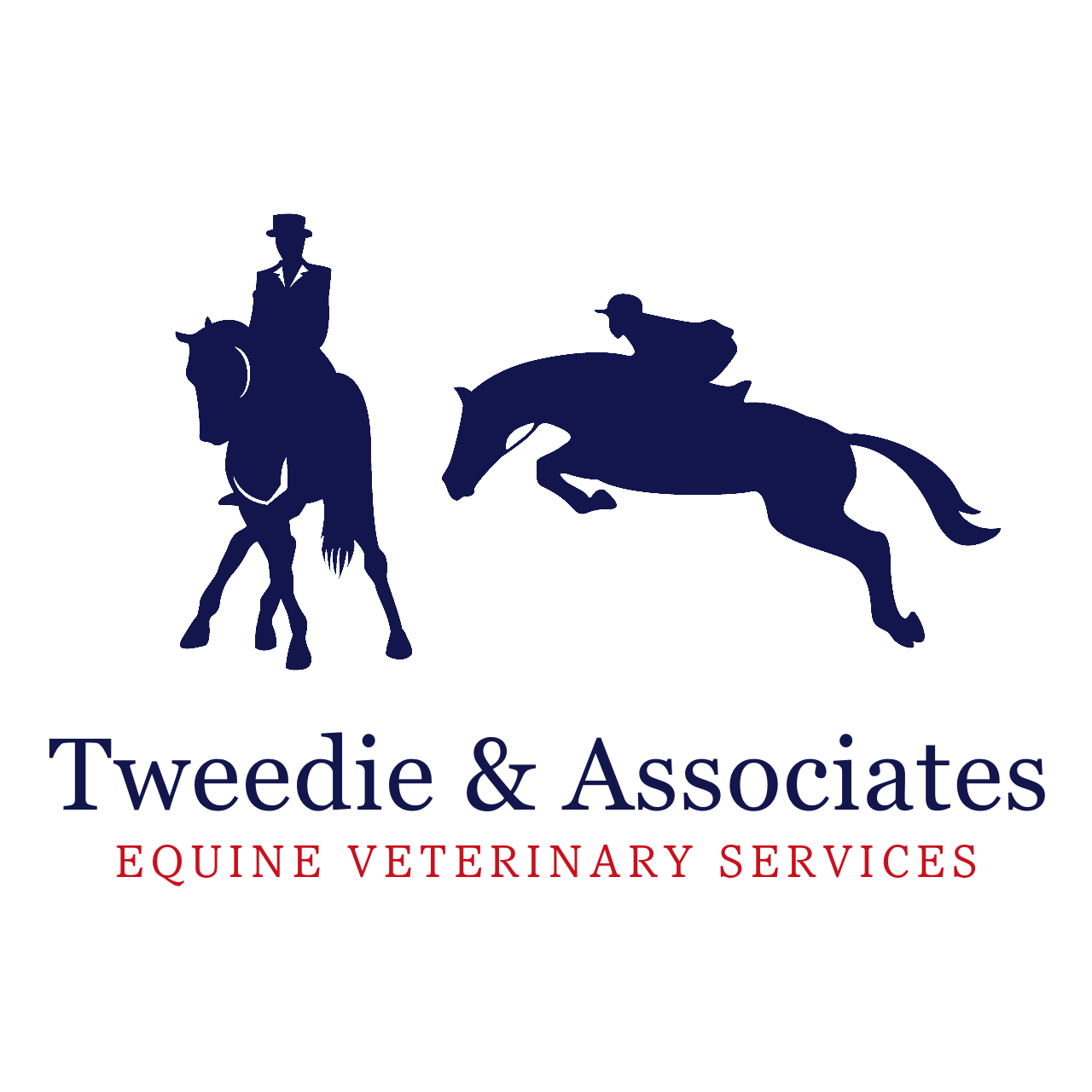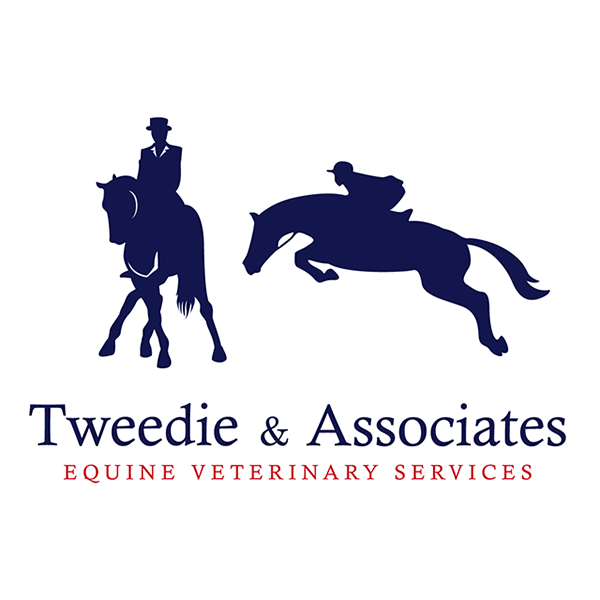
Sick Horse Examinations
What are some common signs your horse is unwell
· Reduced or absent appetite
· Dull demeanour or “not-quite-right”
· Reduction or change in manure e.g. cowpat manures
· Increased breathing rate or flared nostrils at rest
· Signs of mild abdominal discomfort e.g. flank watching, kicking at belly
· Swelling/fluid accumulation in legs / sheath / belly
· Coughing or nasal discharge
· Wobbly or unsteady gait at rest or at a walk
· Rectal temperature above 38.C’ i.e. a fever
· Weight loss, tucked up appearance +/- dull coat
When should I call a vet?
· If any of these signs are present, you should call your vet immediately. They will take a more thorough history over the phone and be able to triage your horse into three categories:
1. Immediate/emergency visit
2. Exam needed before end of day
3. Exam needed within 24 hours
What can I expect when the vet visits?
· The vet will thoroughly exam your horse with a clinical exam, which may include taking blood or samples (e.g. nasal swabs) to send off to the lab if needed.
· They will administer first-aid treatment such as pain-relief or antibiotics, and if needed will prescribe ongoing medications for you to administer.
· They may ask if they can perform further diagnostics if needed such as an upper airway endoscopic exam or abdominal ultrasound.
· They will discuss all options and associated costs – this may include options such as referral to a hospital or potentially euthanasia if your horse is very unwell.
What are things that can help prevent your horse getting sick?
· It is important all new horse introductions onto a property are quarantined away from contact with existing horses to prevent transmission of disease for 14 days whilst the new horse is closely monitored for any signs of illness.
· Ensure your horse is up to date with their vaccinations – in particular strangles and tetanus which if they have had their initial 3-vaccine-course, is required once yearly afterwards.
· Gradually introduce any changes to your horse’s diet – this may be slowly introducing a new hard food over 2 weeks or gradually increasing access to a new grassy paddock.
· If a sick horse is present on the property, ensure they don’t have any contact with horses or shared feed/water sources, and visit them last (before you then leave the property).
Book Appointment
info@tevs.com,.au
03 59775250
Moorooduc Victoria




